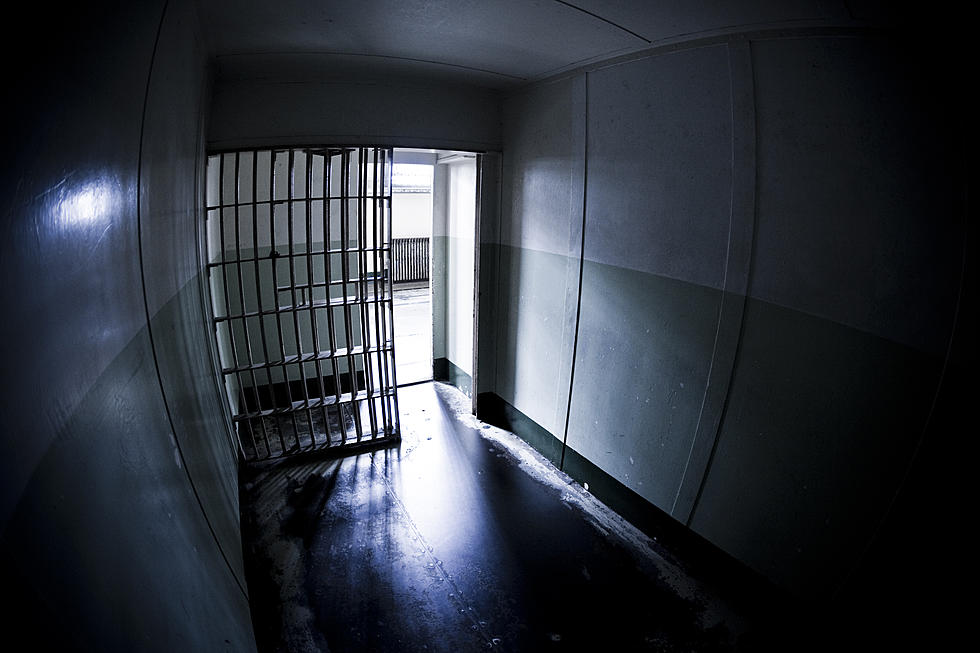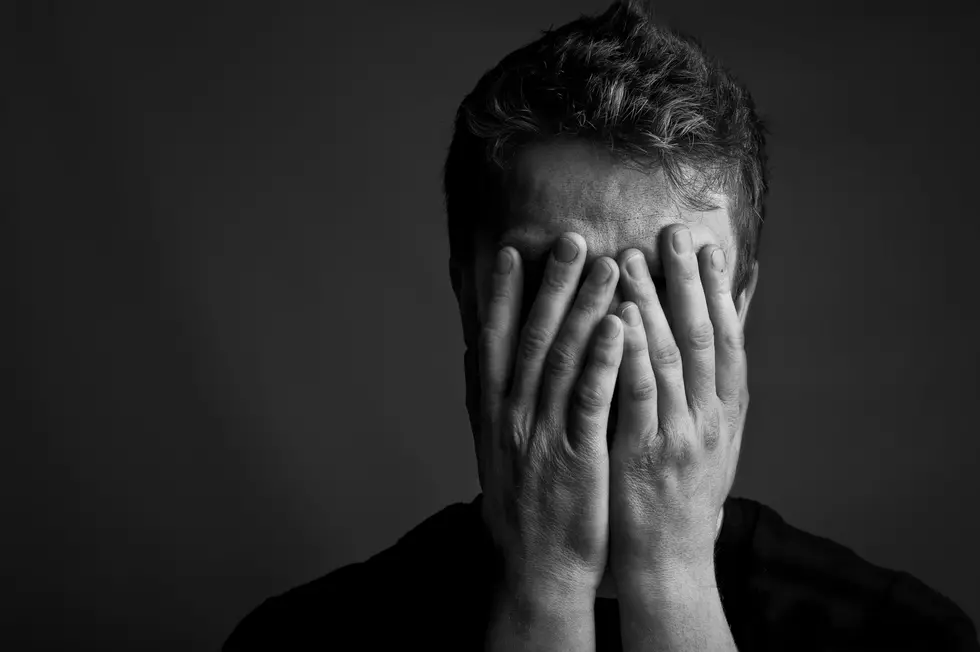
Give NJ youth mental health treatment, not prison time, advocates say
NEWARK — When gymnastics legend Simone Biles suddenly pulled out of Olympic competition last week, citing a need to focus on her mental health, it prompted two concurrent yet divergent conversations.
One, was she neglecting her duty to team and country by refusing to push through and compete, and two, is mental health stigma in sports finally going to be broken down.
Ashanti Jones, community engagement manager for the Newark-based New Jersey Institute for Social Justice, said someone does not have to actively be in crisis to seek mental health treatment. It's always a conversation worth having.
That's especially important to remember, Jones said, for Black youth in New Jersey, who are incarcerated at nearly 18 times the rate of white juveniles.

The Institute has issued a new toolkit, "Investing in Youth, Not Incarceration," that combines statistics with suggestions to get kids out of youth prisons and into mental health care programs.
According to the Institute's data, New Jersey spends an average of $445,504 to incarcerate one juvenile for one year.
That money not only could be better used elsewhere, Jones said, but it could also help to halt a cycle of recidivism, substance abuse, and suicidal ideation, for dozens of kids at a time.
"$350,000 for mental health services for 40 young people versus $445,000 to incarcerate a single one," Jones said. "Those are the type of numbers that we're looking at right now."
The toolkit calls for more "community cafés," described in the literature as "safe spaces for conversations, typically hosted by parents or community volunteers."
Jones said there should also be more and better liaisons between the youth population and mental health organizations, along with a "culturally competent" telehealth line grounded in critical race theory.
Although the telehealth line would have the capability to direct those in crisis to the right resources, Jones said it wouldn't be a dedicated crisis line, and shouldn't need to be.
"The way that our mental health care is structured in New Jersey, if you're not suicidal, at risk to harm yourself or someone else, you're not likely to get mental health care that's free, that's culturally competent and relevant," she said. "If I had cancer and I was throwing up and not necessarily terminal, I would be told to see a specialist as soon as possible. I would not be told to wait for six to 12 months for an appointment. And we have to normalize that type of care for mental health."
And while not every juvenile or young adult faces the unique pressures of a Simone Biles, there are plenty of ways untreated mental health issues can impact their behavior now and in the future.
Especially in communities where youth are struggling, those conversations need to be normalized, according to Jones.
"Your mental health can really take over your ability to perform as a student, your ability to behave in a way that people deem is socially acceptable, and sometimes that leads to behavioral issues in schools," she said.
Restorative justice legislation currently on Gov. Phil Murphy's desk would have the capacity to have some of the toolkit's suggestions integrated into it, Jones said.
Patrick Lavery is New Jersey 101.5's afternoon news anchor. Follow him on Twitter @plavery1015 or email patrick.lavery@townsquaremedia.com.
LOOK: 20 Fascinating Photos From the First Modern Olympic Games in 1896
NJ towns and their nicknames
Parkway stops getting renamed after these NJ greats
More From New Jersey 101.5 FM









